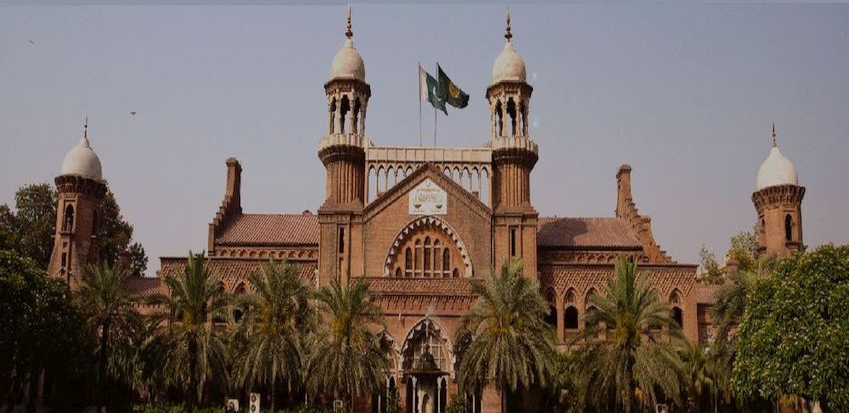The Appointments must comply with the KEMU Act 2005, which vests such powers exclusively in the University’s Syndicate and Vice-Chancellor --- Lahore High Court, Lahore declares Unauthorized Government Appointments Unlawful
Islamabad 24-01-2025: The Lahore High Court, in a landmark judgment on [Writ Petition No. 46054/2024], reaffirmed the statutory autonomy of King Edward Medical University (KEMU) and declared unauthorized government appointments to teaching positions at the University as unlawful. The case, heard by Mr. Justice Tariq Saleem Sheikh, involved a challenge by Dr. Nakshab Chaudhry, Dean of Basic Medical Sciences at KEMU, against government interference in University appointments.
The Petitioner argued that the KEMU Act, 2005, grants exclusive authority to the University’s Syndicate and Vice-Chancellor to appoint teaching faculty. The Government of Punjab’s actions in directly appointing teaching staff to KEMU through transfers were alleged to violate the statutory framework and undermine the University’s autonomy. The Government, however, justified its actions by citing financial and operational exigencies, particularly through Sanctioned New Establishment (SNE) posts.
Mr. Justice Tariq Saleem Sheikh underscored that the KEMU Act, 2005, vests appointment powers exclusively in the University’s Syndicate and Vice-Chancellor. Sections 14(4)(ix) and 25(xvii) of the Act explicitly define these roles, leaving no room for government interference without adherence to statutory processes.
The Court recognized the operational necessity of SNE posts but emphasized that such appointments must comply with the statutory framework. The proviso to Section 20(2) of the KEMU Act, which the Government relied on, was deemed a transitional provision and not a perpetual authority to intervene.
While the Court highlighted the principle of judicial restraint in academic matters, it affirmed that statutory violations warrant judicial review. Government interference that bypasses the Syndicate’s approval constitutes a breach of the University’s autonomy.
The Petitioner’s request to annul past appointments was declined on principles of Natural Justice, as the affected appointees were not made parties to the case. However, the Court directed the Government to ensure future appointments comply strictly with the KEMU Act.
The Court held:
- Government-appointed teaching staff transfers to KEMU without Syndicate requisition or approval are unlawful.
- The proviso to Section 20(2) of the KEMU Act cannot justify ongoing government appointments or transfers.
- KEMU’s Syndicate retains exclusive authority for appointments to BPS-19 and above, as mandated by Section 25(xvii).
The Court relied on significant case laws, including:
- Sundas Vs. Khyber Medical University (2024 SCMR 46), which upheld the principle of educational autonomy.
- Hafza Habib Qureshi Vs. Amir Hamza (PLD 2024 SC 780), which emphasized judicial restraint in academic governance.
- Pakistan Match Industries Vs. Assistant Collector (2019 SCMR 906), clarifying statutory interpretation principles.
The judgment reinforces the independence of statutory institutions, particularly universities, from unwarranted government interference. It also sets a precedent for ensuring compliance with statutory frameworks in administrative governance.
The Lahore High Court’s decision is a victory for institutional autonomy and the rule of law. By directing adherence to statutory provisions in future appointments, the judgment safeguards the operational and academic integrity of KEMU while balancing the Government’s support role within its legal limits.
Powered by Froala Editor








